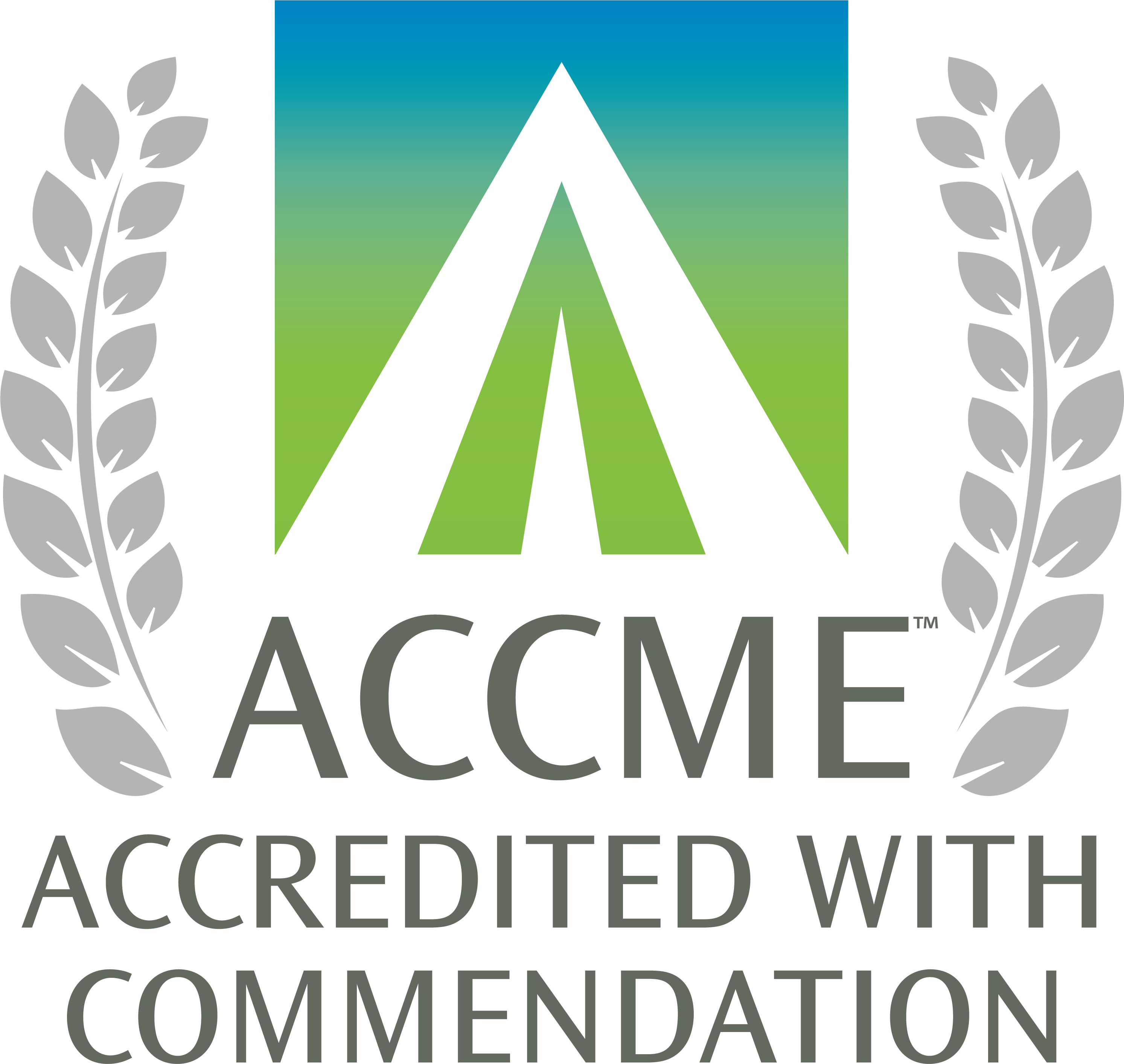MC3 Recorded Education Series: Elimination Problems in Children, Urinary Incontinence
To begin this activity, click Enroll. Once logged in, learners can access educational content, assessments, and evaluations. Learners who successfully complete the activity will be able to print a certificate.
Release Date:
Sat, 1/1/22
Termination Date:
Sun, 6/30/24
Credits:
0.75
Description:
Educational Planner/Presenters
Barbara T Felt, MD
Co-Planner/Presenters
Bryan S Sack, M.D.
Activity Coordinators
Erin Hughes-Krieger, MSW
Laura Hurst, MSW
Anne Kramer, MSW
There are no relevant financial relationships to disclose for this activity.
Educational Planner/Presenters
Barbara T Felt, MD
Co-Planner/Presenters
Bryan S Sack, M.D.
Activity Coordinators
Erin Hughes-Krieger, MSW
Laura Hurst, MSW
Anne Kramer, MSW
Educational Objectives:
At the end of this activity, participants should be able to:
- Evaluate pediatric patients for diurnal and nocturnal enuresis and provide clinical management of these conditions in primary care.
- Identify when patients need subspecialty care for enuresis and be able to provide referrals to pediatric patients and families.
- Provide education to patients and families about behavioral approaches to managing diurnal and nocturnal enuresis.
Target Audience:
This activity is appropriate for House Officers, Medical Students, Nurse Practitioners, Physician Assistants, Physicians in the fields of Adolescent Medicine, Family Medicine, Pediatrics, Primary Care, Psychiatry.
Accreditation and Credit Designation:
Termination Date: June 2024
The University of Michigan Medical School is accredited by the Accreditation Council for Continuing Medical Education (ACCME) to provide continuing medical education for physicians.
The University of Michigan Medical School designates this enduring material for a maximum of 0.75 AMA PRA Category 1 Credit(s) ™. Physicians should claim only the credit commensurate with the extent of their participation in the activity.
Origination Date: July 2021Termination Date: June 2024
Additional Info:
Bibliographic Resources
- Nieuwhof-Leppink AJ, Schroeder RPJ, van de Putte EM, de Jong TPVM, Schappin R. Daytime urinary incontinence in children and adolescents. Lancet Child Adolesc Health. 2019 Jul;3(7):492-501. doi: 10.1016/S2352-4642(19)30113-0. Epub 2019 May 4.
- Burgers RE, Mugie SM, Chase J, et al. Management of functional constipation in children with lower urinary tract symptoms: report from the Standardization Committee of the International Children's Continence Society. J Urol. 2013;190(1):29–36
- Roth EB, Austin PF. Evaluation and treatment of nonmonosymptomatic enuresis. Pediatr Rev. 2014 Oct;35(10):430-6; quiz 437-8. doi: 10.1542/pir.35-10-430. PMID: 25274970.
- McAlister Groves, B et al, Silent victims, Children who witness violence, JAMA 1993 269:262.
- Van Herzeele, C et al Challenging factors for enuresis treatment: Psychological problems and non-adherence, J Pediat Urol, 2015, 11:308.
Credits available:
AMA PRA Category 1: 0.75
Participation: 0.75


